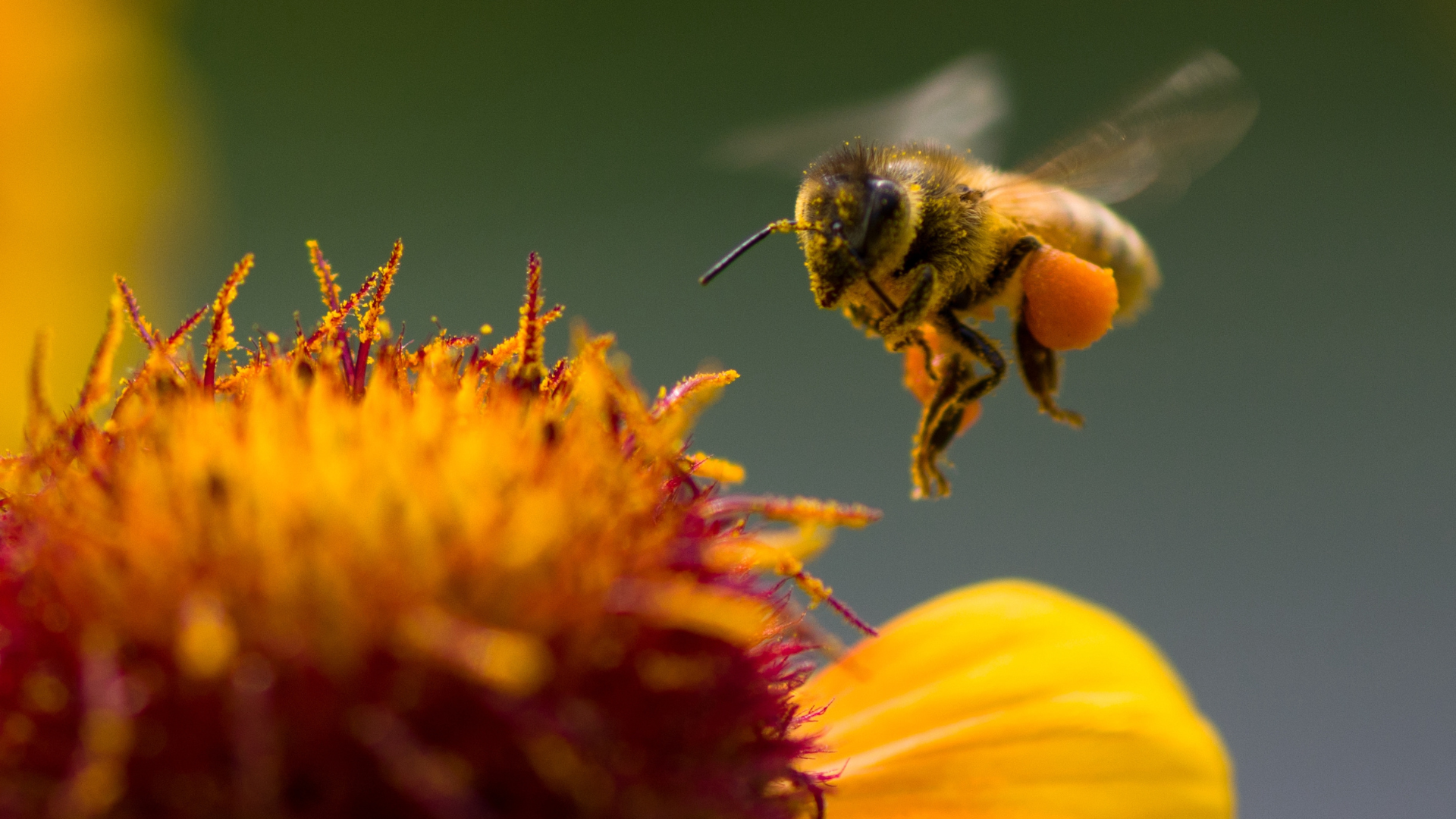
The Buzz of Sustainability: Beekeeping and Agriculture
"The keeping of bees is like the direction of sunbeams." – Henry David Thoreau
This blog explores the vital role of beekeeping in enhancing agricultural productivity and environmental sustainability, highlighting the symbiotic relationship between bees and crops. It also details how Dr. Reddy’s Foundation integrates beekeeping into farmland management to boost food security and biodiversity while providing alternative livelihoods.
Beekeeping has long been recognized for its vital role in producing honey and other bee-related products. But its contribution to the ecosystem and agriculture goes far beyond that. Beekeeping amidst farmlands is an ancient practice with modern relevance, providing a symbiotic relationship between bees and crops that benefits both farmers and the environment.
Bees are nature’s pollinators. Approximately 75% of the world’s food crops depend, at least in part, on pollination. When bees visit flowers to collect nectar and pollen, they inadvertently transfer pollen between plants, allowing them to reproduce and bear fruit. This pollination service boosts the yield and quality of crops such as fruits, vegetables, nuts, and seeds.
Farmers who engage in beekeeping can enjoy a direct increase in their crop output. Studies have shown about a 30% increase in yields from crops like coconut, mustard, maize and sunflowers are significantly enhanced with the presence of managed bee colonies. It’s a natural, eco-friendly way to increase productivity without relying solely on fertilizers and other chemical interventions.
Beehive management – Nature’s Tiny Marvel:
As a biodiversity conservationist, I have always been fascinated by the skill of bees in managing the hive. This is an intricate process that reflects the complexity of nature. Understanding this reveals the delicate balance and teamwork that characterize bee colonies
At the heart of the hive was the queen bee, majestic and singular. Her primary role is to ensure the future of the hive by laying thousands of eggs daily. Although the queen was the largest and most revered member, she did not control the hive directly. She produces pheromones, special chemical signals that unify the bees and keep them focused on their tasks.
The true managers of the hive are the worker bees, all female bees devoted to the hive’s well-being. These bees take on a variety of roles depending on their age where the youngest become nurse bees, caring for the eggs and larvae. They meticulously feed each developing bee with royal jelly and later with pollen and nectar. As they mature, the worker bees become builders and cleaners. They secrete bee wax from glands in their bodies to construct and repair the honeycomb. The oldest workers are foragers who leave the hive in search of nectar and pollen from flowers. They navigate vast distances using the sun and landmarks, gathering sustenance for the hive. When they return, they perform the waggle dance, a unique communication to other foragers guiding the direction and distance to the best flowers.
The drone bees are the only males in the hive with an important purpose to mate with a queen from another hive.
Each bee is instinctively aware of its role, working tirelessly to maintain the perfect temperature for the brood, storing honey for the colder months and defending the hive from danger.
Unlocking the Advantages of Beekeeping on Farmlands
Beekeeping, an age-old practice, is more than just a way to produce honey; it’s a crucial contributor to enhancing agricultural productivity. When integrated into farmlands, beekeeping fosters a symbiotic relationship between bees and crops, driving both environmental sustainability and economic gains for farmers. By boosting pollination, promoting biodiversity, and offering alternative income streams, beekeeping on farmlands unlocks numerous advantages that benefit both the ecosystem and farming communities.
Envisioning the Future of Beekeeping in Modern Agriculture
As the global population grows and the demand for food rises, sustainable farming practices become even more important. Beekeeping amidst farmlands is not only a solution for increasing crop productivity but also a step toward fostering biodiversity and environmental sustainability. The symbiotic relationship between bees and farms demonstrates that nature and agriculture can work hand in hand, benefiting both humans and the planet.
With awareness and support for pollinator-friendly farming increasing, Dr. Reddy’s Foundation has incorporated beekeeping into farmland management, enhancing food security while fostering natural ecosystems and offering alternative livelihoods. DRF’s expertise in developmental initiatives and strong relationships with the farming community have garnered enthusiastic voluntary participation. Strategic knowledge and funding partnerships will meet the resource needs for effective implementation. By working closely with local beekeeping organizations and experts, DRF is well-positioned to navigate challenges and drive the success of this initiative.
By



